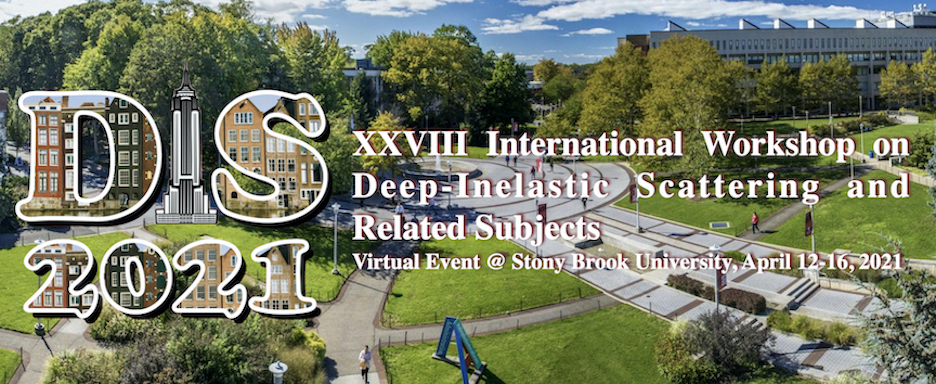The proceedings of the DIS2021 conference will be published in SciPost Physics Proceedings. SciPost Physics Proceedings is a premium-quality, two-way open access, peer-witnessed refereed journal for the general field of Physics. It aims at providing a high-quality, openly accessible publishing venue for conference, workshop or school proceedings. SciPost Physics Proceedings publishes articles in the whole field of Physics, covering Experimental, Theoretical and Computational approaches.
Each Issue of SciPost Physics Proceedings corresponds to a distinct event. A set of Guest Editors will be appointed by the Local Organising Committee and will participate in the refereeing process of all submissions considered for publication in the Issue. Publication decisions are taken by the Guest Editors upon the advice received by the referees. To be accepted for publication in SciPost Physics Proceedings, a submission must detail work presented at DIS2021 and meet the specific criteria fixed by the Guest Editors. Both parallel and flash talks are invited to submit proceedings for DIS2021.
Submission
All information concerning the submission to your contribution to SciPost Physics Proceedings can be found here. A latex template will be provided by the system. Submitting your manuscript to SciPost is extremely easy. You should first make your preprint publicly available on arXiv.org (please include a statement as "Submission to SciPost" in the Comments) and then fill the SciPost Submission form.
The dedicated DIS2021 issue of SciPost Physics Proceedings will become open for submission on the *17th of April 2021* (once the conference is over). The issue remain open for submission until the *31st of July August 15th, 2021*. Submissions after this date will not be considered for publication in this issue.
Length of the contribution
We recommend 8 pages for the plenary talks and 5 pages for the parallel talks, though Guest Editors are free to release these restrictions if they see it fit. There are no page restrictions for the session summaries which will be written by the conveners.
Refereeing
Once the paper is submitted, it will be checked for plagiarism and assigned to a Guest Editor. The level of plagiarism allowed is increased to about 30%, however we do expect that the articles contain genuinely new material content as well. The Guest Editors will then invite referees to review the paper. Once the referees provide a report, the guest editor would make a recommendation if to publish the paper, to ask for revisions or to reject.
Latex template
A latex template can be found from here.

